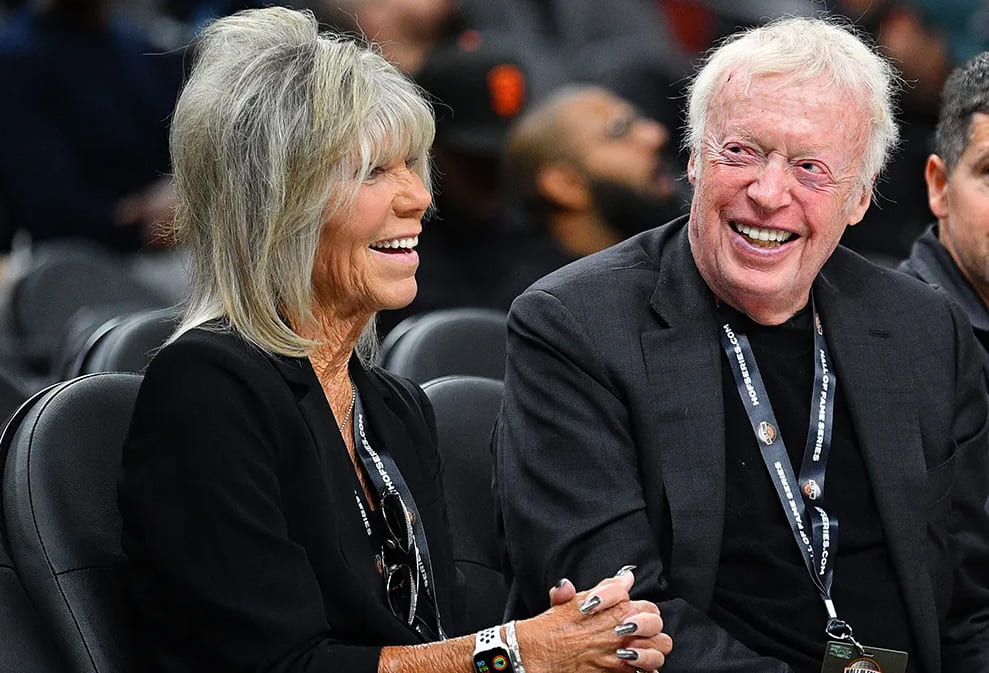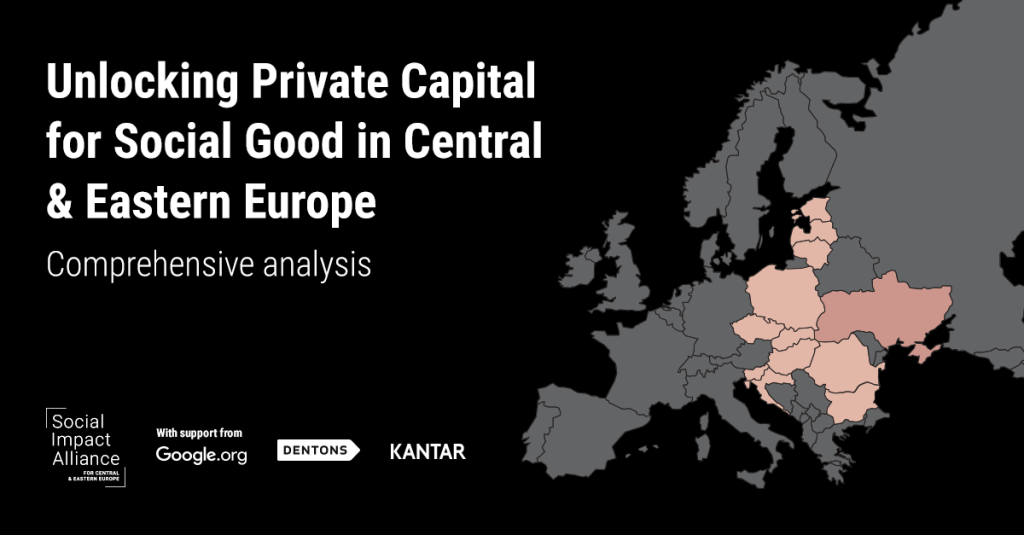
The top 50 American individuals and couples who gave or pledged the most to charity in 2023 committed US$12 billion to foundations, universities, hospitals and more. That total was 28% below an inflation-adjusted $16.5 billion in 2022, according to the Chronicle of Philanthropy’s latest annual tally of these donations.
The Conversation U.S. asked David Campbell, Angela R. Logan and Michael Moody, three scholars of philanthropy, to assess the significance of these gifts and to consider what they indicate about the state of charitable giving in the United States. This article was first featured in The Conversation.
What trends stand out overall?
David Campbell: As was the case in 2022, more than one-third of these big gifts – $4.4 billion – went to donors’ personal foundations. Another $764.3 million flowed into donor-advised funds. Also known as DAFs, these charitable savings accounts make it possible for donors to reserve assets such as cash, stocks and bonds for future charitable gifts.
That’s not necessarily a bad thing, but it does mean that a significant amount of the money these wealthy Americans technically gave away in 2023 didn’t get in the hands of charities right away. And while foundations must give away or spend 5% of their assets every year, there are no such requirements for DAFs.
Many of the same wealthy people make this list every time, and they stick with a few main priorities. Media mogul and former New York City Mayor Mike Bloomberg, for example, puts a lot of his charitable money into public health.
Michael Moody: One thing that stands out for me is what’s missing. This list doesn’t include some billionaires known to give significant amounts of money to charity, and it doesn’t reflect all the ways that the wealthiest Americans seek to do good aside from giving to charitable organizations.



